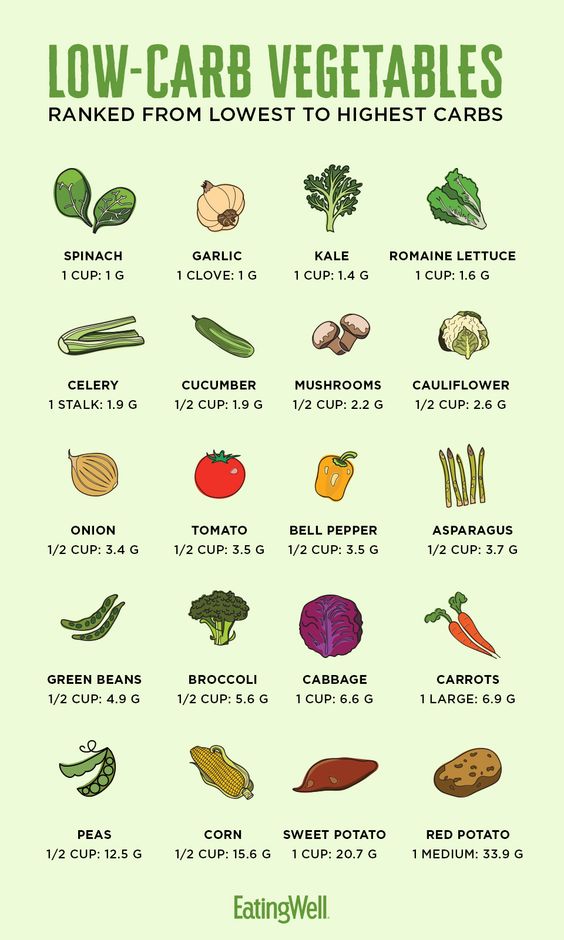You don’t like to eat vegetables but do you know what happens if you don’t eat vegetables? Let’s dig in deep!
Research proves that eating vegetables are more vital to your health. A study of Johns Hopkins University revealed that just 11 percent of adults consumed the USDA suggested three parts of vegetables and two parts of fruit a day. Many people don’t like to eat vegetables. But know what happens if you don’t eat vegetables. If you are finding the valid answer, that what would happen if you never ate fruits and vegetables then you are in the right place here in this article, you will get the real answer.
Here are some main problems that can happen if you don’t eat vegetables:
Digestive Problems
Adults who don’t eat vegetables can undergo digestive illnesses such as constipation, hemorrhoids, and diverticulosis. Vegetables are primary sources of dietary fiber, a food element supposed advantageous to digestive quality. This is especially true with people who eat a gluten-free diet or have similar food restrictions.
The National Institutes of Health connects low fiber intake to digestion problems that involve constipation and diverticular diseases. A study from Harvard Medical School revealed that a diet powerful in dietary fiber, which fruits and veggies give, decreases the danger for diverticular disease.
Weight Gain and Overeating
As vegetables are a necessary part of your diet, their lack may be filled by higher-calorie foods that boost weight gain. Eating many animal-source foods and fried snacks, for example, raises your caloric and fat intake. Most regularly, the diet, including foods rich in calories per gram, starts to overeat and weight gain. Fruits and vegetables are low in calories. So you can eat more and feel filled with fewer calories.
Your Risk of Cancer Increases
As stated by the American Institute for Cancer Research (AICR), no one food can defend you against cancer, but a diet loaded with plant-based foods can aid in lowering your cancer risk. Antioxidants like vitamin E, vitamin C, and carotenoids can decrease cancer chances by shielding healthy cells from free radicals.
Carotenoids which can be detected in spinach, additional dark leafy greens, dark orange fruits, sweet potatoes, squash, and carrots can defend against cellular damage.
Some studies show a record from the World Cancer Research Fund and the AICR, have also revealed particular vitamins to stop special kinds of cancers. But taking vitamins is merely not sufficient, the AICR states; proof recommends the “synergy of compounds” working mutually in the overall diet gives much protection.
Cardiovascular Problems
With the research that links low vegetable intake with heart disease, a 2010 study issued in “Circulation” noticed a similarity between low child intake and adult arterial disease. The arterial stiffness occurs as a result of arteriosclerosis, which can cause heart attacks and strokes.
Diabetes
While weight gain is connected with diabetes, you raise your chance for diabetes when you consume high energy foods alternatively of fruits and vegetables. Researches have revealed that eating more vegetables and fruit may indirectly decrease the percentage of it. If you have diabetes, eating not vegetables and fruits can make it dangerous.
Higher Blood Pressure
A diet rich in sodium and low in vegetables and fruits will offer higher blood pressure. The Dietary Approaches to Stop Hypertension (DASH) examination confirmed that a diet heavy in fruits and vegetables could decrease high blood pressure, and in people who held hypertension, the diet decreased their blood pressure as well as medicines can. That’s important.
Why did this result? Well, taking a diet heavy in nutrient-rich fruits and vegetables, like calcium, magnesium, and potassium, and low in sodium, aids lessen the sodium in your diet by lowering blood pressure.

Summary
Research proves that eating vegetables are more vital to your health. A study of Johns Hopkins University revealed that just 11 percent of adults consumed the USDA suggested three parts of vegetables and two parts of fruit a day. People who don’t eat vegetables and fruits they can undergo digestive illness such as constipation, hemorrhoids, and diverticulosis.
As vegetables are a necessary part of your diet, their lack may be filled by higher-calorie foods that boost weight gain. As stated by the American Institute for Cancer Research (AICR), no one food can defend you against cancer, but a diet loaded with plant-based foods can aid in lowering your cancer risk. A diet rich in sodium and low in vegetables and fruits will offer higher blood pressure.

I am Kate, a dedicated health advocate. My purpose is to educate you regarding the most current wellness trends, offer science-backed insights to enhance your understanding, and present actionable tips to support you on your journey towards a healthier and happier life. Let us commence this wellness path together!
